Associate Professor Dr. Nguyen Kim Hong, former Principal of Ho Chi Minh City University of Education, is one of thousands of intellectuals mobilized to teach and build the South after 1975.
Associate Professor, Dr. Nguyen Kim Hong (Photo: Hoai Nam).
In the midst of the April days of the 50th anniversary of the country's reunification, Dan Tri reporter had an interview with Associate Professor Dr. Nguyen Kim Hong about his journey to the South during the ups and downs of history.
Sir, nearly 50 years ago, after the country was unified, how did the newly graduated student Nguyen Kim Hong receive notice of his assignment to the South?
- Back then, after graduating, we were assigned tasks. Some stayed in Hanoi , some returned to their hometowns, and many were assigned to teach and build the South after reunification.
After graduating, I had just returned from attending an exam in Vinh when I received a notice of assignment to work at Ho Chi Minh City University of Education. My friends, some went to Can Tho , some went to Thu Dau Mot...
Young teacher Nguyen Kim Hong when he first arrived in Ho Chi Minh City (Photo: NVCC).
I set out in peace and unity. As a young man who witnessed war, I was very afraid of war. My family had relatives who died in the shelter. It was so tragic and painful!
I was ordered to leave during the storm and flood season, and I couldn't book a train ticket. If I arrived late, the school in the South wouldn't accept me. So, some of my classmates and I went with them that year and "played big" by booking plane tickets to Ho Chi Minh City.
We landed at Tan Son Nhat airport on October 7, 1978.
Setting foot on the airport, Saigon appeared before the eyes of the newly graduated student...
- A very strange feeling! So many strange and new things. What impressed me most was that the houses here are very close together and bustling.
When I first entered, I was invited to dinner by the seniors who had come before me. It was a sumptuous feast that I will remember to this day. The bowl of sticky rice was so delicious, the meat and fish were so fresh… Through that meal, I felt what the South with white rice and clear water was like that I had learned about in books.
What surprised me the most was that the female students here wear Ao Dai to school and the students call their teachers "con". They are very polite and especially the students here are natural, comfortable and close to their teachers without any distance or fear of them.
What did the young man bring to Ho Chi Minh City that year?
My parents sold the bicycle I had been using for a long time and collected the remaining money in the house, and gave it all to me for travel expenses and to cover my expenses when I went to the South. My salary at that time was 85% of 64 dong, so you can imagine how big 800 dong was, a fortune. That amount of money at that time could buy a spacious apartment in the middle of Saigon.
The plane ticket cost 120 dong, later the school refunded 35 dong, I also lent a friend 300 dong, the remaining amount was gradually spent... Later when my friend returned it, the government changed the currency so the value was not much anymore.
I started teaching right away, I was only 4-5 years older than the students. My first lectures were not really good in terms of expertise, but they contained all the enthusiasm and desire to contribute of youth.
Mr. Nguyen Kim Hong with his friends when he was young (Photo: NVCC).
What were the difficulties and advantages for you and the intellectuals mobilized from the North to teach and build the South after reunification?
- Southern colleagues help people from the North like me very enthusiastically, they do not hesitate to share material things, expertise... When we come here, we are given spacious public housing with full ancillary facilities.
However, there were also common difficulties during the subsidy period. We were only allowed to eat meat once a week according to the rationing, so we often had to eat bo bo (coix seeds).
That time, when I went to teach in Ca Mau, I used all the money from the invitation to teach and my salary to buy fragrant rice and sticky rice and put them in my suitcase to bring home. On the way back, I was checked and detained by the market management because they thought I was a trader. When they found out I was a teacher, and I complained that I was "so sick of eating bo bo", they let me go...
At first, when I first moved in, there was no desk, so I just lay in the middle of the house to prepare lessons and write textbooks.
I wrote when I learned and knew about education in the South before 1975, the professors who taught general education wrote their own books, designed their own lectures, and taught individually to each group of students. This is something that our education only started to do much later…
What do you regret most on your journey to the South?
- I and many of my friends say that we are very lucky to live and work in the South. People are enthusiastic, live without looking at anyone, do not pry into personal matters, do not compete in appearance, and are not fussy.
I feel very comfortable living and working. I have been Vice Principal and Principal for many years, my office never has curtains, the door is always open. The janitor or anyone who wants to see the Principal, just come in.
Mr. Nguyen Kim Hong and his friends studying for a master's degree when they were young (Photo: NVCC).
Where I lived at that time, if you were diligent and hardworking, you wouldn’t be poor. In addition, life was not competitive in appearance, so it seemed that people were easily satisfied. It wasn’t until I was 37 that I finished my doctorate, when I could have done it sooner, so that I could have done more.
What I and many people of my generation who moved from the North regret is the limitation in using foreign languages to improve our level. Foreign languages are taught very well in the South, but we from the North lacked the mindset about language and foreign language development. If we had a good mindset about language, we could have done better.
As the manager of the largest teacher training school in the South during the country's renovation period, what concerns you about education?
- Starting from the 1990s, we have begun to gradually move away from academic education, which is heavy on theory. I remember in 1997, there was a conference in Nha Trang that raised the issue of innovative thinking about higher education, including the field of pedagogy.
About 15 years ago, an American professor told me that you do a lot of things, but the most important thing is to research the psychology of school-age children in detail, how children develop at this age and how they develop at that age, but there is no research.
I asked people working in the field of psychology and found that we have not been able to do this. For me, the lack of large-scale research on school-age psychology is a major shortcoming in education.
To talk about the difference between education in the past and today, what image does he mention?
Associate Professor, Dr. Nguyen Kim Hong with textbooks written after reunification (Photo: Hoai Nam).
- It's an image of a ruler. When I was in school, I saw a teacher ask my friend to put his hand on the table and then hit him with a ruler until his hand was bruised, but nowadays, education cannot behave like that.
Education today and in the past are very different. Technology and AI have changed everything, learning is no longer confined to a classroom. The space and time for learning in modern schools are completely different from the space and time for learning in old schools. The ultimate goal of education must be what problems students can solve in life.
In the past, the classroom was closed, where the teacher was the "king", but now learning must be based on students knowing how to build their own self-study process, seek knowledge themselves, and turn knowledge received from others into their own...
Faced with these changes, how do you position the role of teachers today?
- Firstly, if any teacher now boasts "I am better than my students", then to me, that person is not normal. In the past 30-40 years, the teacher has not been the center of education and now even less so.
The amount of knowledge is now so huge that no one can be confident that they have mastered it all. Children can now ask about things that were previously considered taboo, and even ask about things that teachers do not know. Teachers now have to teach students to be creative and inspire children to be creative and curious. Without creativity, people are no longer human.
The former principal of Ho Chi Minh City University of Education believes that teachers today do not have to teach children knowledge but rather teach them creativity and confidence (Photo: Hoai Nam).
The second problem, I am very concerned about the fact that Vietnamese children lack confidence and are always timid. A child with confidence can do anything, a child with confidence will not be afraid. Teachers must teach and give children confidence.
The last thing to do is to teach morality and humanity to every child. If education does not pay attention to moral education, the evils in life will not disappear but will increase day by day.
Thank you very much for sharing!
Source: https://dantri.com.vn/giao-duc/nguyen-hieu-truong-va-bi-mat-cam-ca-khoi-tai-san-vao-nam-sau-thong-nhat-20250427165938714.htm


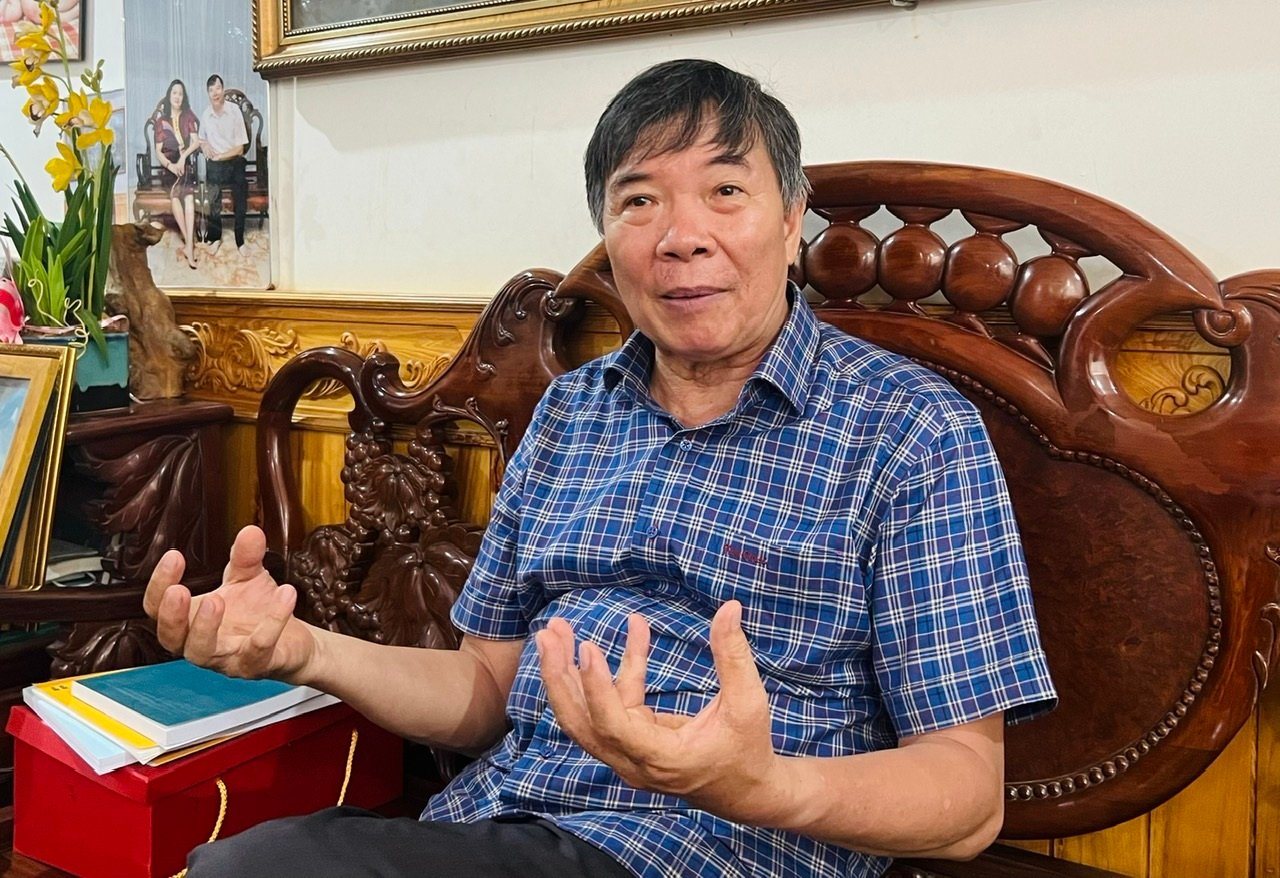
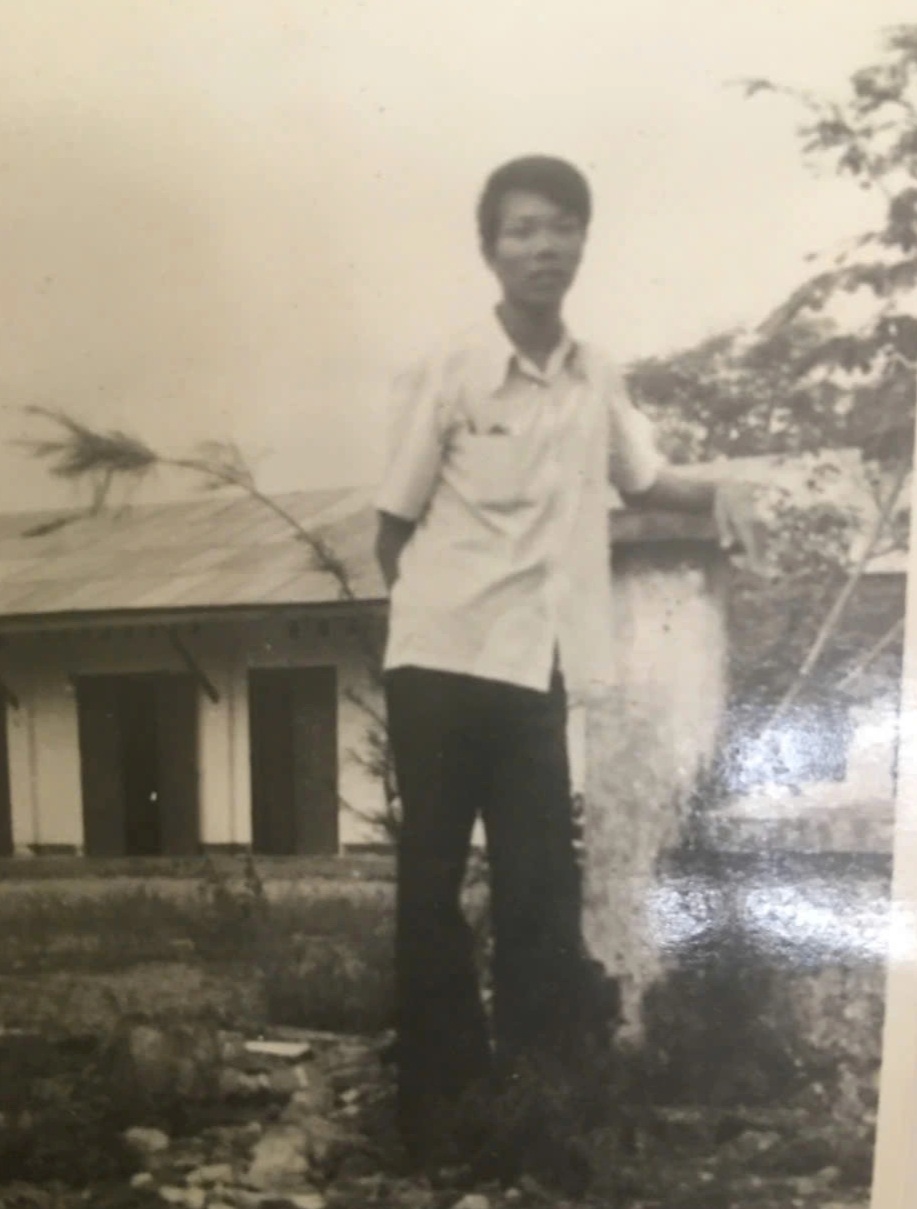
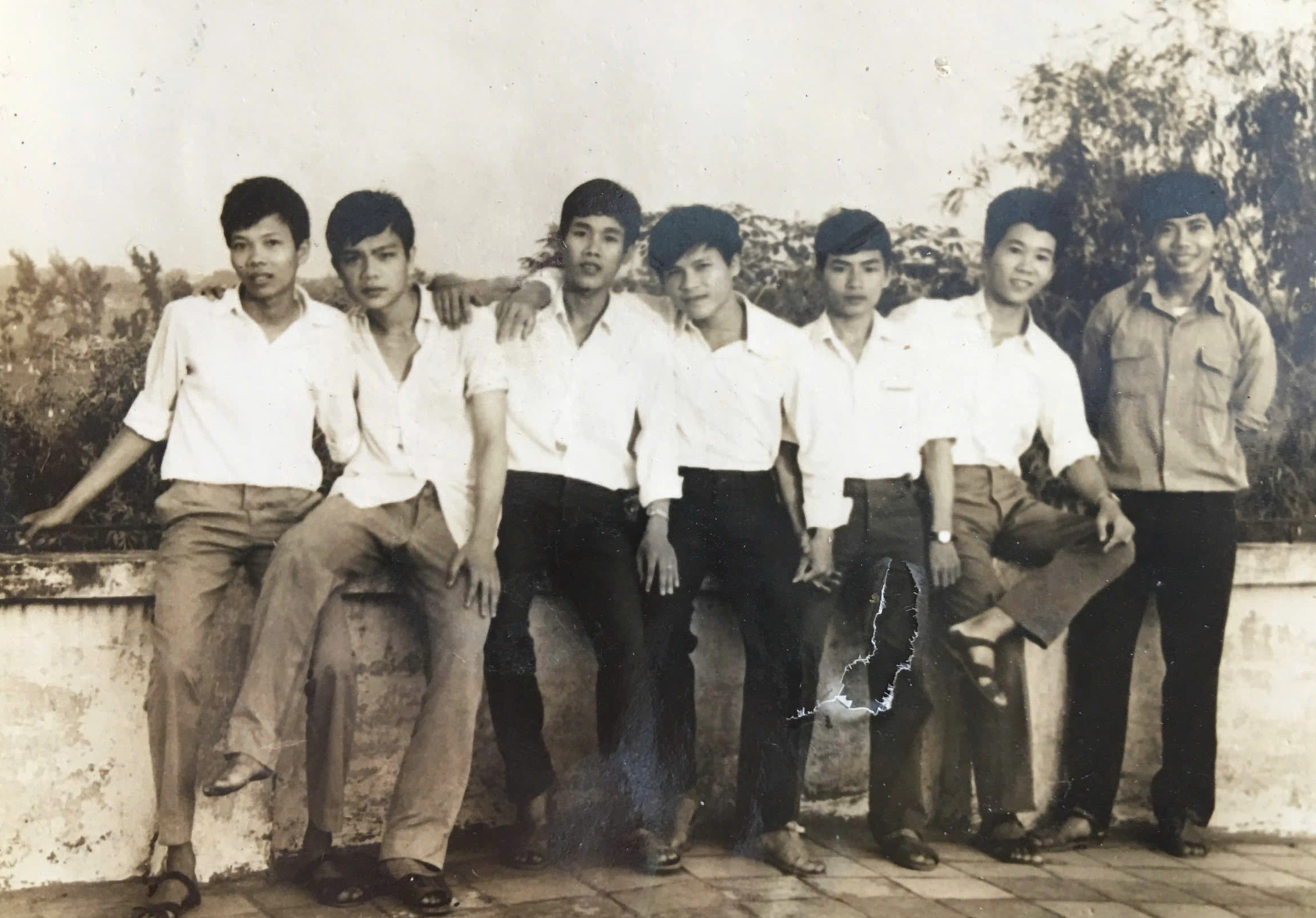
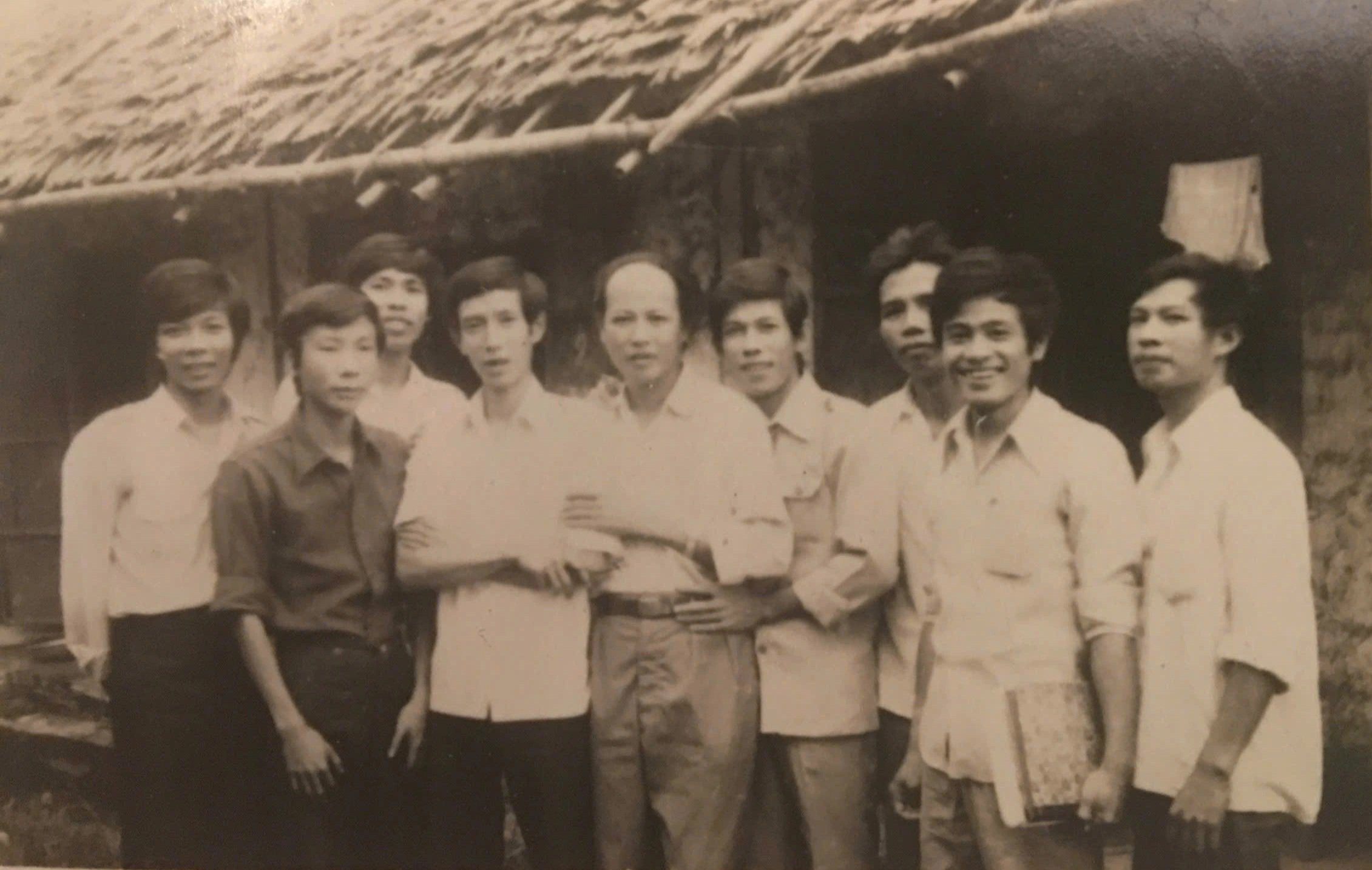
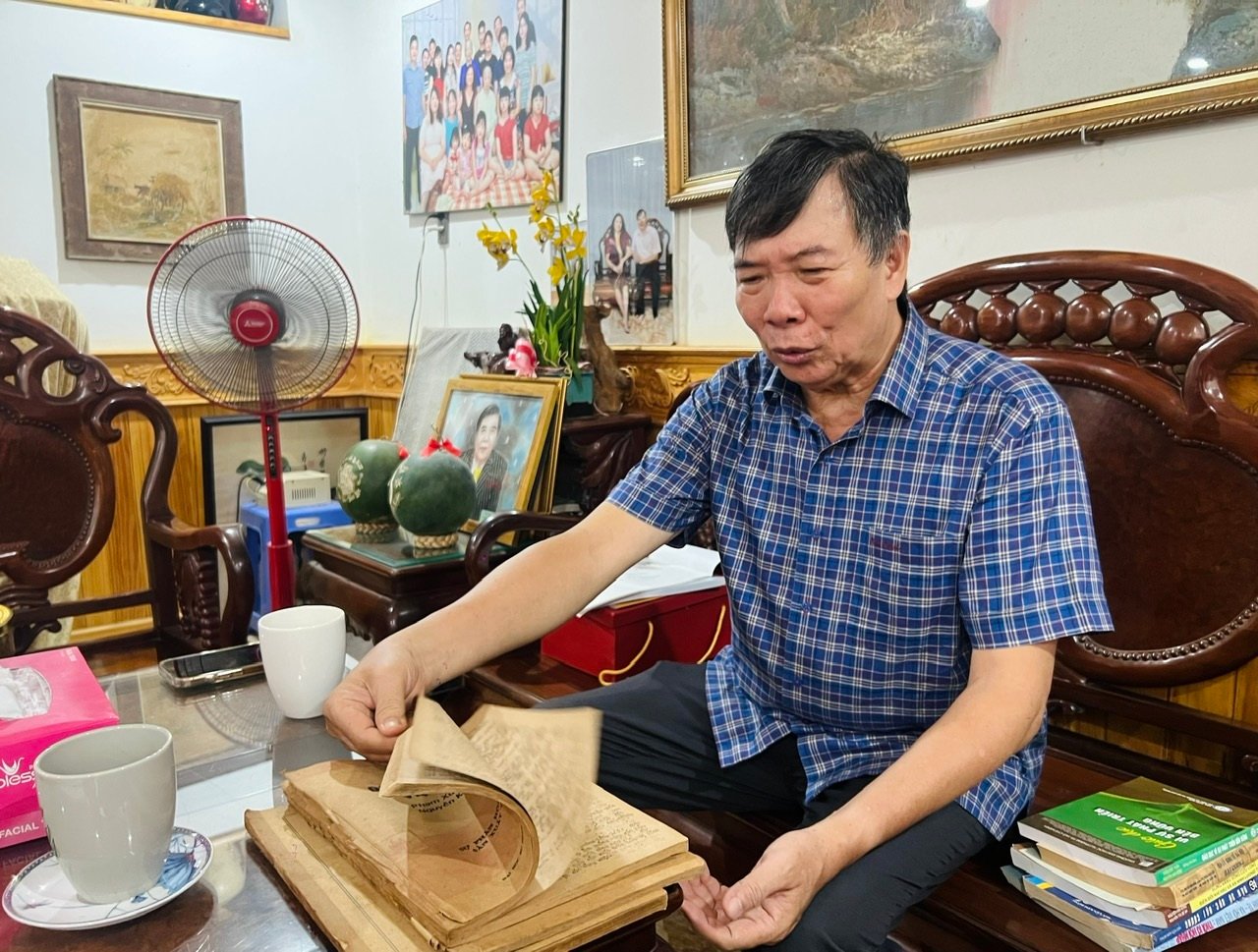
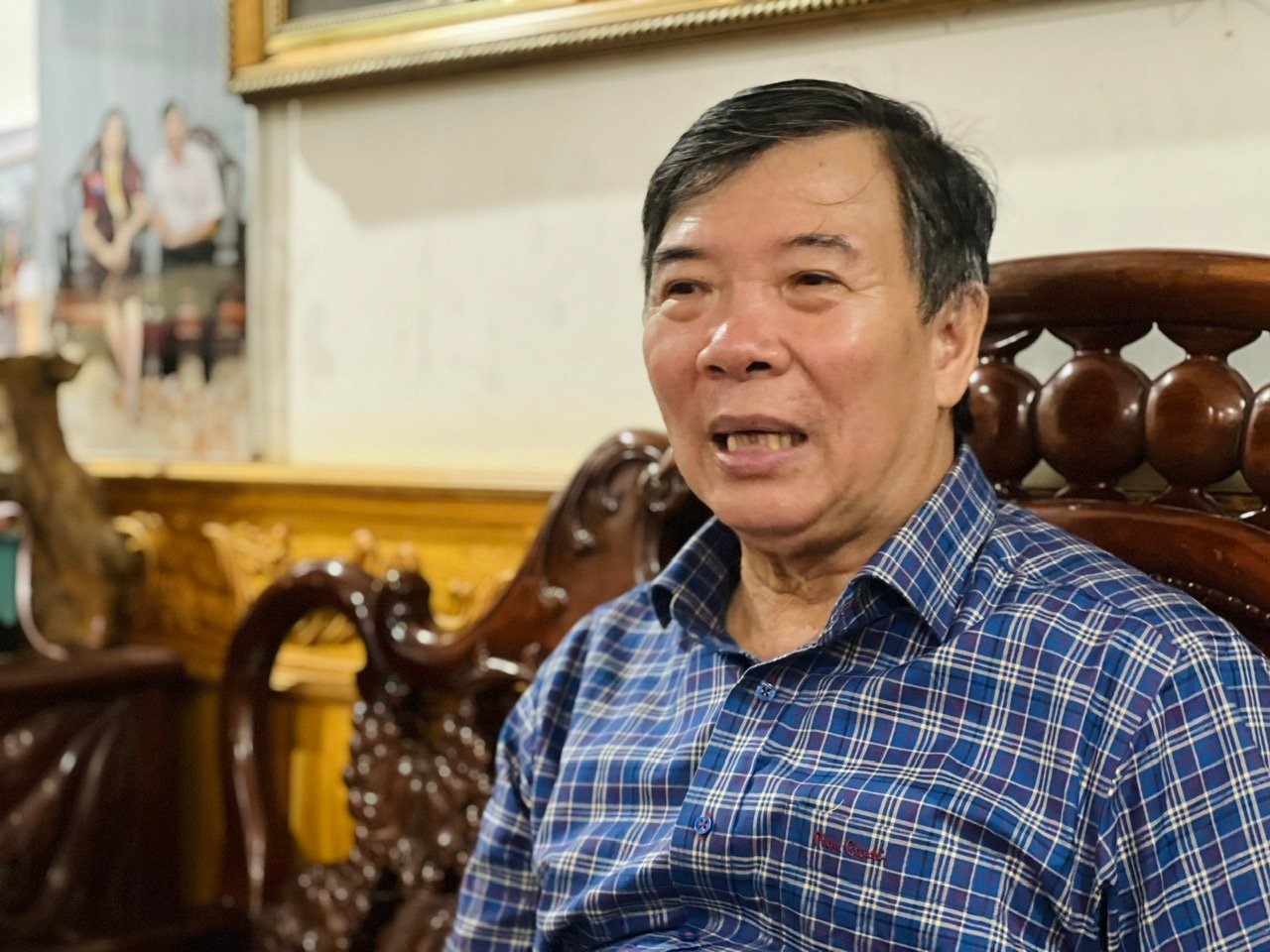

![[Photo] Anh Hoang - Dinh Duc successfully defended the men's doubles championship of the National Table Tennis Championship of Nhan Dan Newspaper](https://vphoto.vietnam.vn/thumb/1200x675/vietnam/resource/IMAGE/2025/5/23/d6ab3bcac02c49928b38c729d795cac6)
![[Photo] Top players gather at the 2025 Nhan Dan Newspaper National Table Tennis Championship](https://vphoto.vietnam.vn/thumb/1200x675/vietnam/resource/IMAGE/2025/5/23/9ad5f6f4faf146b08335e5c446edb107)



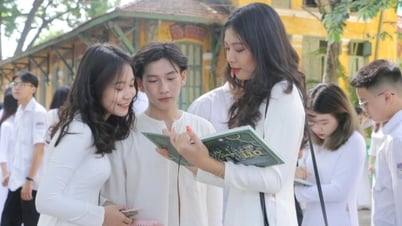
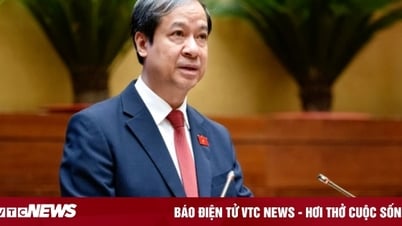











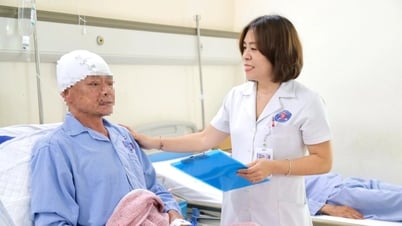



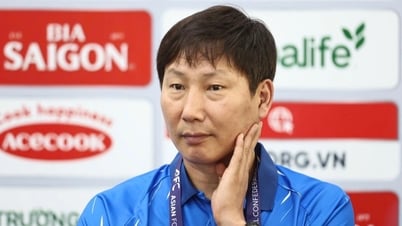















































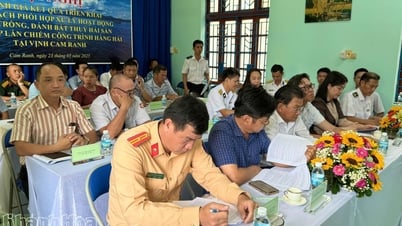

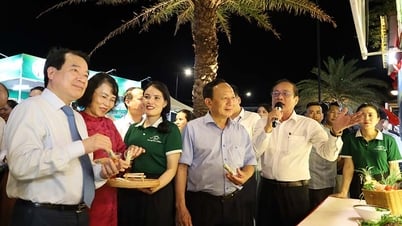

















Comment (0)